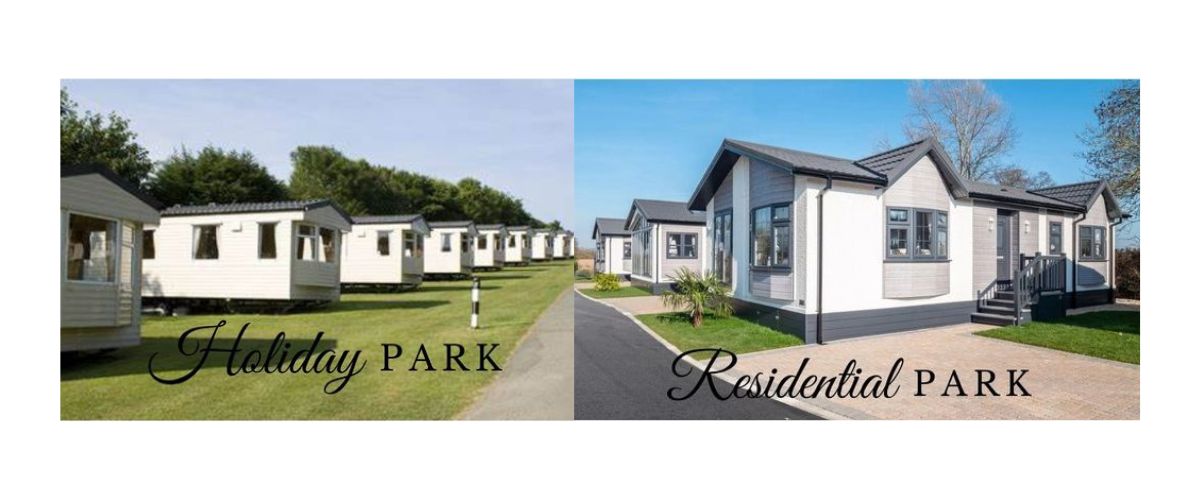What Does Residential BS3632 Mean
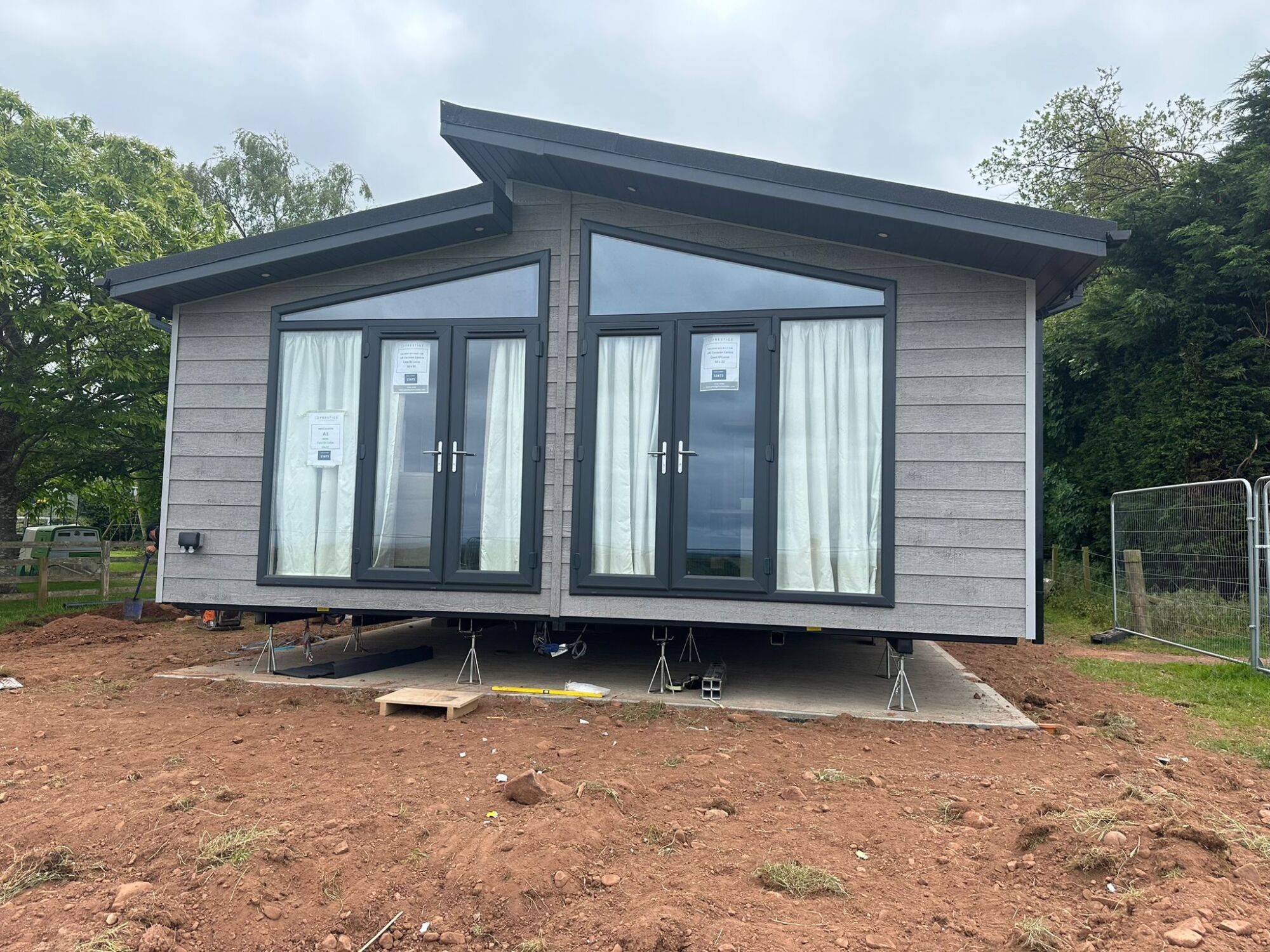
The BS3632 Standard Explained
When purchasing a Park home or lodge, the term BS3632 standard may have been used in relation to its construction. But what exactly is it, and what does it mean?
This legislation impacts on your residential park home, whether you are planning to live there or use it for leisure purposes. In this article, we have broken down the key components of the legislation. So what has changed, and what is the impact of BS3632?

What is the BS3632?
The BS3632 is the British Standard to which residential park homes (and some lodges) are built. They are suitable for permanent residence (depending on the site licence) and are for all year round use.
The BSI – British Standards Institute – is a UK body that produces a range of standards for businesses and products to ensure they are fit for purpose.
First published in 1963, the BS3632 standard for residential park homes covers the quality of residential park homes. It also includes a list of criteria to ensure that all models fit their specific intention and are safe for dwelling. Finally, the technical aspects of the legislation cover all requirements and codes of practice that must be adhered to. These mainly concern the construction and design of the residential park home itself. This includes water, gas and electric supplies, ventilation systems, and preservation and maintenance of the residential park home. It will also have the measurements and size of the building itself.
Why do the BS3632 standards exist?
The BS3632 standard for residential park homes exists to ensure a minimum standard that all residential park homes need to measure up to, or they cannot be sold, rented or lived in. Without this legislation, there is a chance that manufacturers could use building standards that are not appropriate for residential park homes. Either that or the residential park homes would be too basic, worse, and unsafe. Either way, the park home would not be fit for purpose.
Secondly, these standards need to exist because residential park homes are becoming a more popular living option. For example, residential parks are there for residents to live in and not for leisure or a seasonal basis. In order to be a permanent resident, the standards needed to be updated to exist more in line with conventional housing options.
What is the difference from the previous legislation?
Although the 2015 BS3632 version of the legislation may not have added any major updates, several amendments have been made to the 2005 BS3632 standard.
Some examples of the upgraded features in a BS3632 model residential park home include:
- Increased wall, flooring and roof insulation
- Double glazed windows as a requirement
- Central heating (including higher minimum temperatures) and improved ventilation systems
- All A-rated appliances, including low energy (LED) lighting where applicable
- Scientific testing of walls and construction to ensure they are soundproof
- Larger spaces for ovens and refrigerators/freezers
- More rigorous advice and warnings
- The inclusion of alternative and renewable energy sources
- TMV2 / TMV3 thermostatic control of domestic hot water supply (prevents scalding)
- No 5% VAT construction charge
Although minor, these additions and changes have resulted in residential park homes significantly improving in quality – not just in energy, but in general appearance and soundness of structure. Genuinely superior homes are now on the market, and more people consider them a long-lasting living situation.
Why is the 2015 BS3632 important?
There are several reasons why this legislation is essential. Not just for the implications to builders and manufacturers but also for residents of the home. Simply put, knowing these standards means allows the end-user to understand the quality that a residential park home should live up to, no matter what its purpose.
But there are more reasons than simply maintenance. Between 2005 and 2015, technology has improved significantly alongside it, so has energy efficiency. The amendments to the BS3632 legislation will, therefore, help contractors and manufacturers build not only more energy-efficient residential park homes, but ones that will also cost less to run and actually be more comfortable to live in on a more lasting basis.
How will this legislation affect me?
The BS3632 standard makes guarantees that the home built and fitted to the highest possible standard. All park home manufacturers (our sister company Landscape Living are park homes )who hold membership of the National Caravan Council must pass the British Standard Institute’s self-certification scheme to fulfil the updated criteria. This involves a rigorous process of testing and inspection of every point on the BS 3632 checklist. This is then summarised and sent away for verification. Once the structure has passed, each home will be given a Manufacturer’s Declaration of Compliance certificate. From this point, the residential park home is considered acceptable to be lived in.
Currently, there are two standards to which caravan holiday homes have to adhere – the BS 3632 and EN 1647. The UK Caravan Centre sells both….. Call us now on 08002461206 to see what homes we have available.
The EN 1647 is suitable strictly for seasonal, temporary use only. Therefore, upgrading a property to BS 3632 will improve the home to residential standards. These improvements include increased insulation, double glazing, modern central heating and more.
The infrastructure of a BS3632 standard home can be the main residence. This includes the winter months (provided the park has a residential license). Without the BS3632 standard, the home is not fit to be lived in.
It is clear therefore that the BS 3632 simply opens up a new world of residential living and holiday options. The BS 3632 has improved the quality and even the security of the structure. Significantly, means that residential park homes can be of the same standards as more traditional housing for substantially less money!
Similar Articles
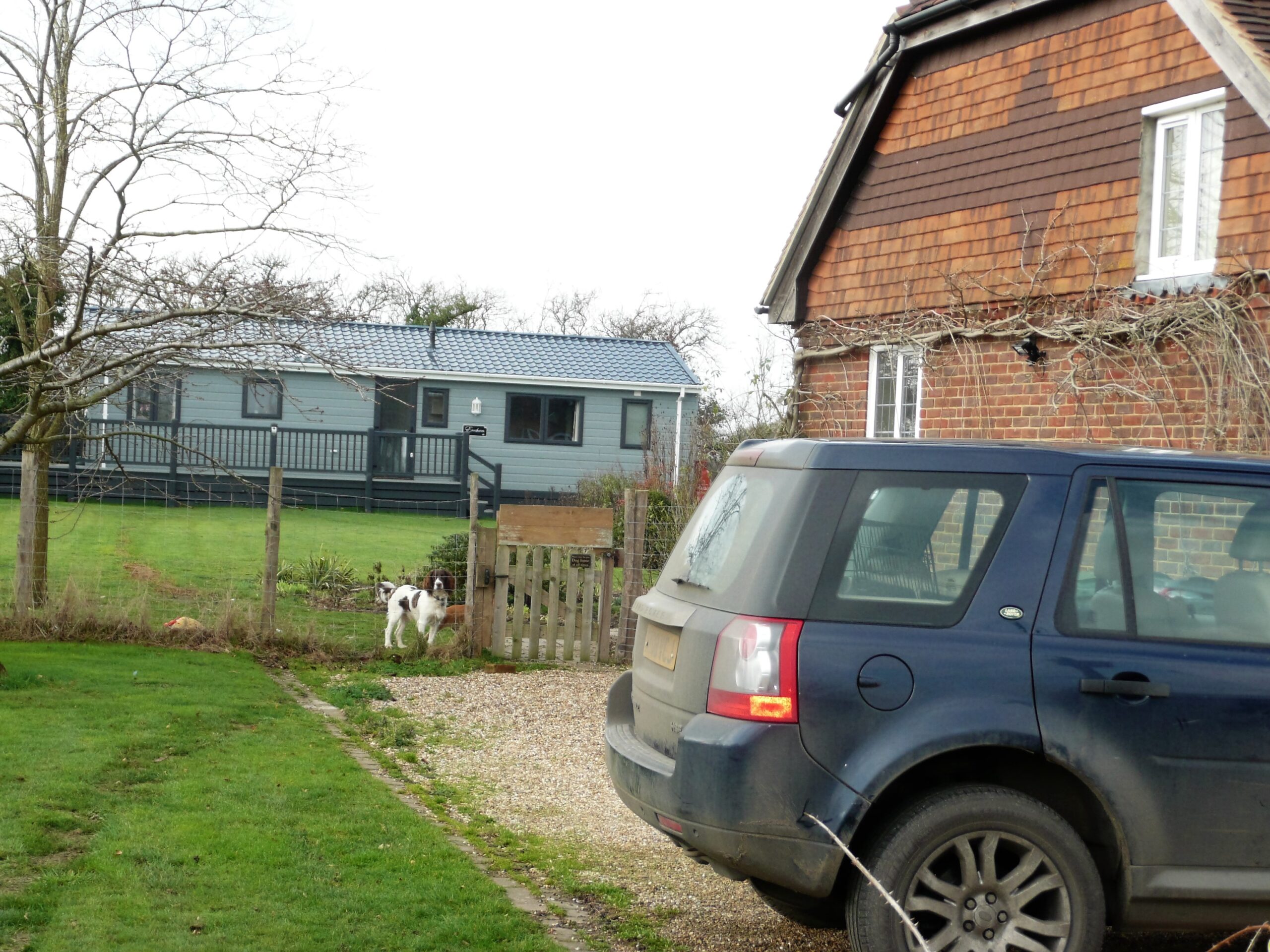
What Does “Ancillary Use” Mean for a Static Caravan?
f you’re considering placing a static caravan in your garden,...
Read More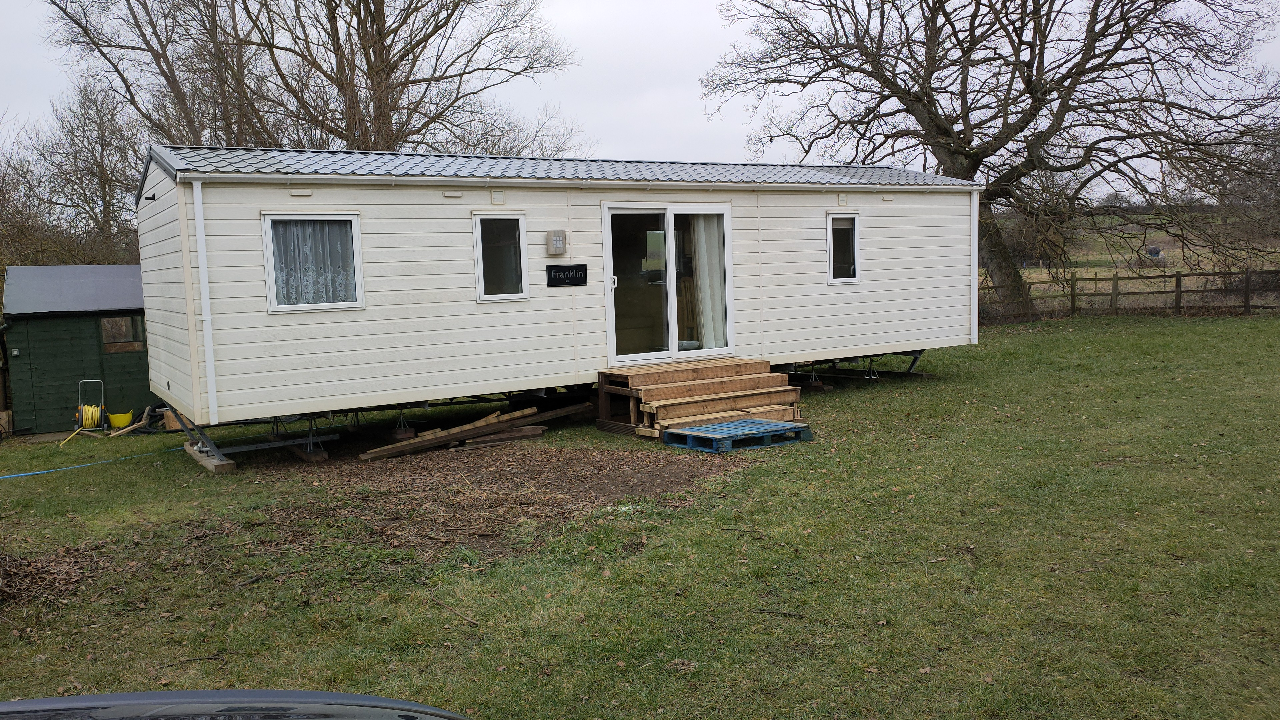
Can I Live in a Static Caravan or Lodge on My Own Agricultural Land?
Many people dream of living on their own land, surrounded...
Read More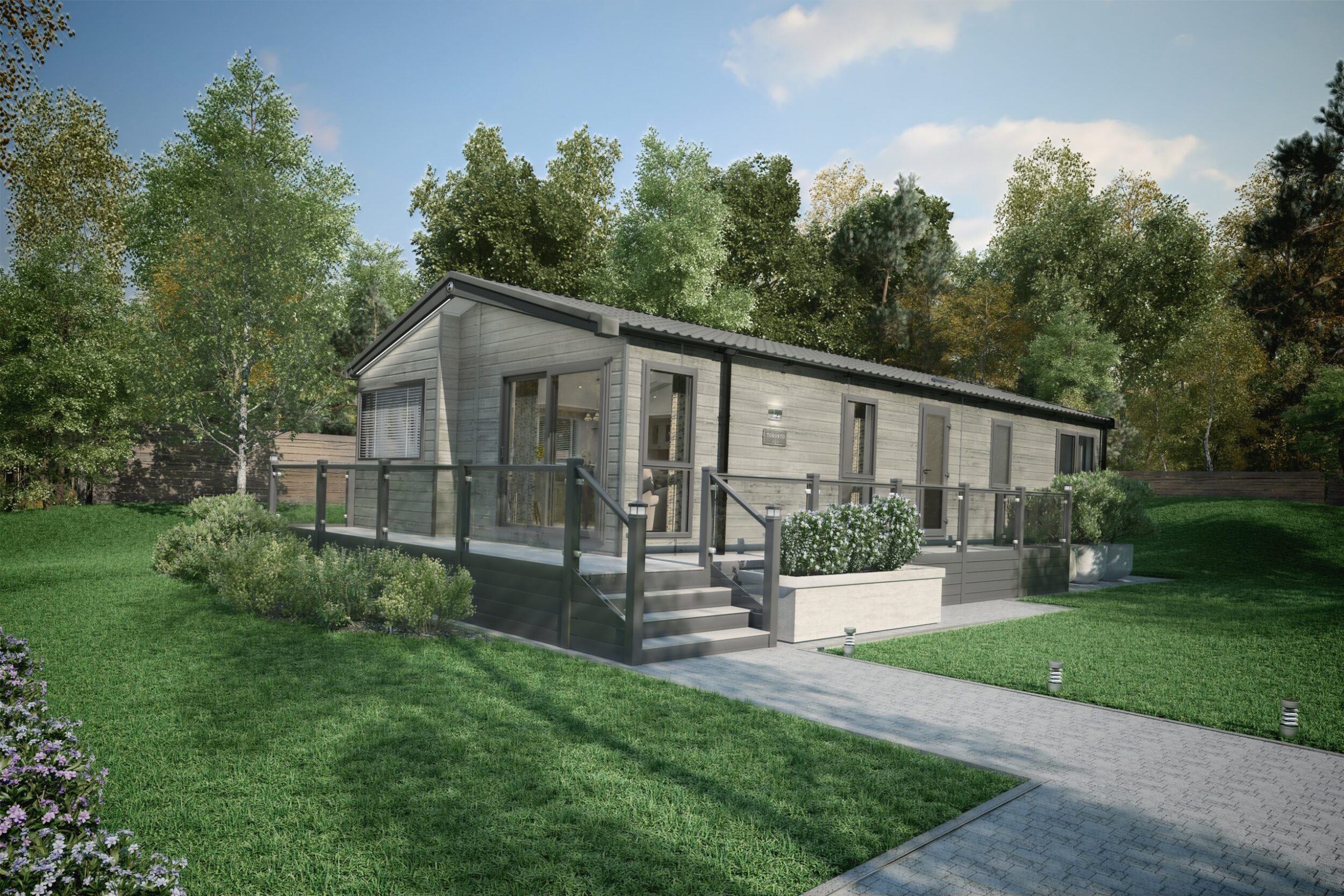
Exciting News: We Now Supply Swift Holiday Homes & Lodges!
Exciting News from The UK Caravan Centre! We’re delighted to...
Read More

